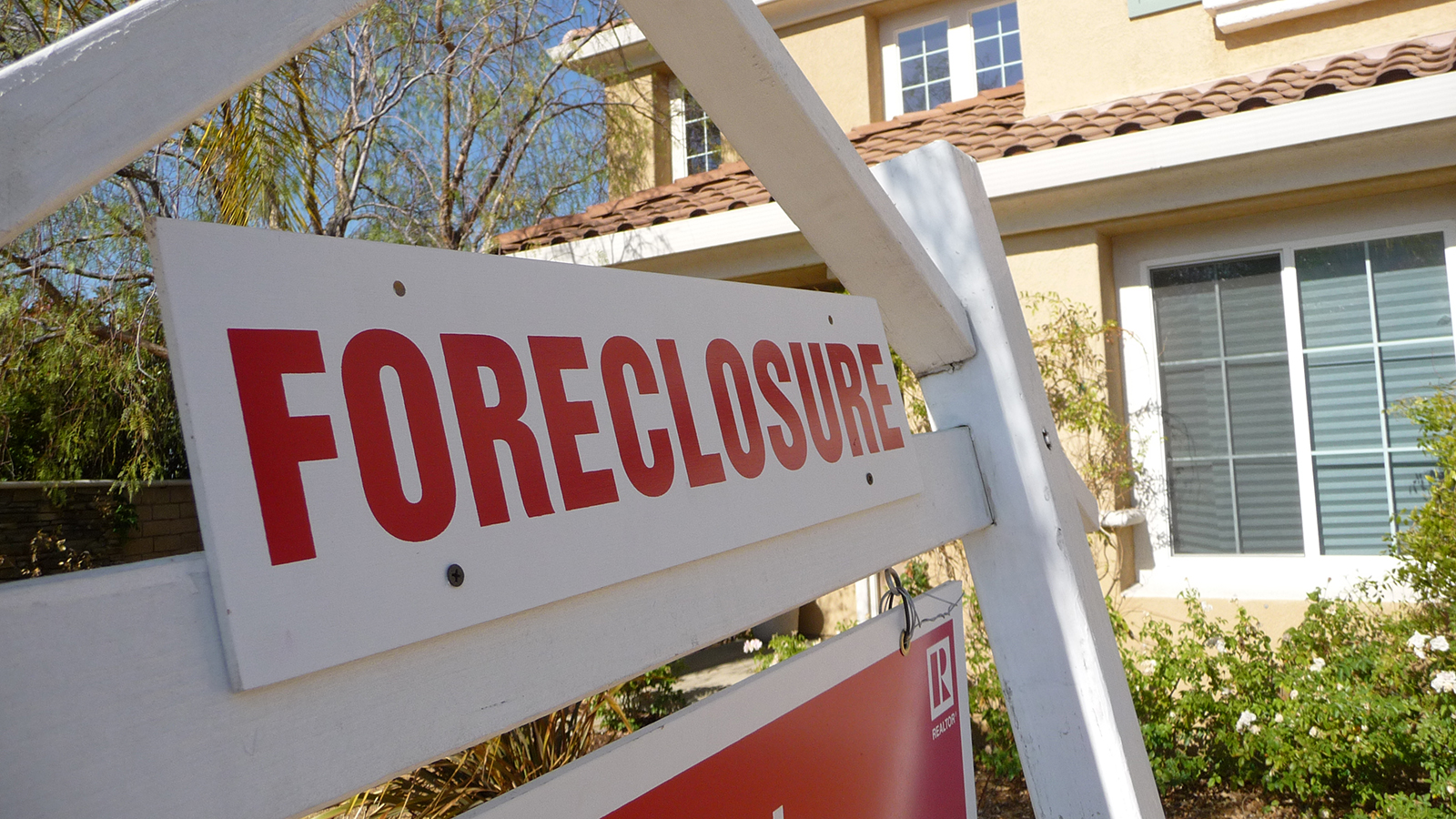
Cordray To “Oblivious” CFPB: “Shield” Families From Economic Harms
Rich Cordray, the first director of the CFPB and author of a new book on his six years at its helm, has issued a powerful memo to its current director, Kathy Kraninger, urging her to stop "relaxing" duties on financial firms and to "lose no further time" in "shield[ing] households and families" from the "economic harms" they face as a result of the coronavirus pandemic.

Rich Cordray, the first director of the Consumer Financial Protection Bureau and author of a new book on his six years at its helm, today issued a powerful memo to its current director, Kathy Kraninger, urging her to stop “relaxing” duties on financial firms and to “lose no further time” in “shield[ing] households and families” from the “economic harms” they face as a result of the coronavirus pandemic and its impact on the economy.
Cordray’s recent book, “Watchdog,” covered his six years building the new CFPB after it was created in 2010 following the 2008 Wall Street-induced financial collapse. It was completed in late summer and released earlier this year. As the first leader of the nation’s first federal financial agency with only one job, protecting consumers, Cordray explains in the book how the CFPB aggressively acted to tame our Wild West financial marketplace. From 2011-2017, the CFPB returned $12 billion dollars to 31 million consumer victims of financial schemes by big banks, for-profit schools, payday lenders, debt collectors, credit bureaus and mortgage companies. His book then devotes many pages to the “treacherous transition” to the disastrous reign of Kraninger’s mentor, interim acting director Mick Mulvaney. But while he states that current director Kraninger (who only took office in December 2018) had not taken full advantage of all the opportunities to protect consumers available to her, and that some important efforts had been paused, “it remains to be seen whether she will make good on her public pledge to wield all available tools effectively to protect consumers.”
Today’s white paper effectively says Cordray has seen enough and that it’s past time for Kraninger to put the CFPB to work addressing the financial crisis for families and consumers. It argues that despite the financial pain that families are suffering from the pandemic, an “oblivious” CFPB hasn’t pivoted from its deregulation of financial firms or its continued pursuit of comments on even more proposed rules sought by industry.
I’d certainly agree. The CFPB’s recent announcements to consumers have been nothing more than boilerplate “tips on dealing with your lenders.” Meanwhile, it has issued recent memos to industry that effectively promise: “Don’t worry, we won’t enforce the consumer law if you don’t follow it.”
The white paper, written with Cordray’s former CFPB colleagues Chris Peterson and Diane Thompson, offers a blueprint for action for the CFPB to protect consumers and provide them “with the safeguards they will need to cope with their financial circumstances” and the “grave economic hardship now confronting millions of Americans.” As just a few examples: It urges the CFPB to help people avoid foreclosure and eviction; it demands “vigorous oversight over debt collectors;” and, it warns that “There is an entire industry whose business is repossessing automobiles…[but] this is the only lifeline many families have: to get to work, to secure food, or to be able to access emergency medical care.” The paper goes on to point out many other ways CFPB can limit the financial fallout on consumers. It urges the CFPB to use its tools, such as its consumer complaint system, to collect “real-time information from consumers…on what is happening in their lives” and “make the answers publicly available.”
There was no CFPB before the 2008 economic collapse, so its dire effects on consumers and families were magnified and lasted for years. The new CFPB was established with only one job: to protect consumers. The white paper notes that “It is in difficult times that strong consumer protections are needed the most.”
It’s time for the CFPB to again do the job it did so well for six years. Only strong consumer protections can blunt the harms to consumers that this unprecedented economic crisis is already causing as it multiplies the effects of a worldwide health crisis. As the white paper concludes: The CFPB can “make a difference for large numbers of Americans, but it must confront the circumstances and act immediately.”
U.S. PIRG and other consumer, civic and community organizations are taking every action possible to address pandemic response, including to help ramp up ventilator supplies and stop price-gouging. When will the CFPB join the fight? Consumers need a strong CFPB to take their side against the pandemic’s devastating financial effects; they need it immediately.
Photo credit: Jeff Turner via Flickr, CC-BY-2.0
Topics
Authors
Ed Mierzwinski
Senior Director, Federal Consumer Program, PIRG
Ed oversees U.S. PIRG’s federal consumer program, helping to lead national efforts to improve consumer credit reporting laws, identity theft protections, product safety regulations and more. Ed is co-founder and continuing leader of the coalition, Americans For Financial Reform, which fought for the Dodd-Frank Wall Street Reform and Consumer Protection Act of 2010, including as its centerpiece the Consumer Financial Protection Bureau. He was awarded the Consumer Federation of America's Esther Peterson Consumer Service Award in 2006, Privacy International's Brandeis Award in 2003, and numerous annual "Top Lobbyist" awards from The Hill and other outlets. Ed lives in Virginia, and on weekends he enjoys biking with friends on the many local bicycle trails.
Find Out More

Apple AirPods are designed to die: Here’s what you should know

New report reveals widespread presence of plastic chemicals in our food

Consumers call on Meta to protect kids’ safety in Quest virtual reality

